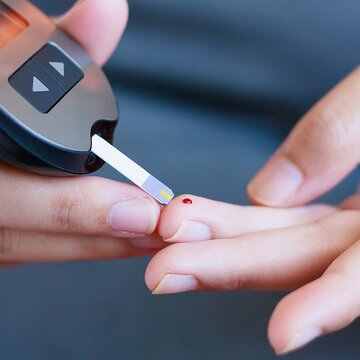Initiating a fitness regimen post-30 may be fulfilling, but physicians caution that it also requires prudence. In an India TV report, cardiologists emphasize that specific medical tests become necessary, particularly for people with a history of heart disease in the family or for novices who opt for high-intensity exercises. Consultant Cardiology at Manipal Hospital, Sarjapur Road, Dr. M. Sudhakar Rao elucidated which tests fitness buffs should not ignore.
Regular cardiac work-up is crucial
According to experts, a regular cardiac work-up is the initial step for all those with risk factors. It involves fasting sugar and lipid profile tests to evaluate cholesterol and markers of diabetes. Other tests such as lipoprotein-a and hs-CRP can also be helpful, depending upon which specialists can recommend higher-level tests such as CT coronary angiogram or treadmill tests.
Among the most fundamental yet effective checks are the Electrocardiogram or ECG. According to India TV, ECGs record cardiac electrical signals and can identify arrhythmias or the risk of abrupt cardiac arrest. Similarly, 2D Echo scans provide real-time views of the anatomy and function of the heart, removing silent problems such as hypertrophic cardiomyopathy or abnormalities of the valves.
Stress tests and sophisticated screenings for gym enthusiasts
Physicians advise gym enthusiasts above 40 to have a treadmill stress test done to assess their heart's ability to handle severe exercise. In certain situations, if treadmill tests are suspicious, a CT cardiac scan or coronary angiogram might be recommended for precise imaging.
As India TV lifestyle desk writes, fitness at 30 is all about balance whereas gym routines create strength, these tests make sure that there is no harm done. Experts highlight that risks diagnosed early not only avoid injuries but also ensure to maintain a healthy, long-term workout experience.











